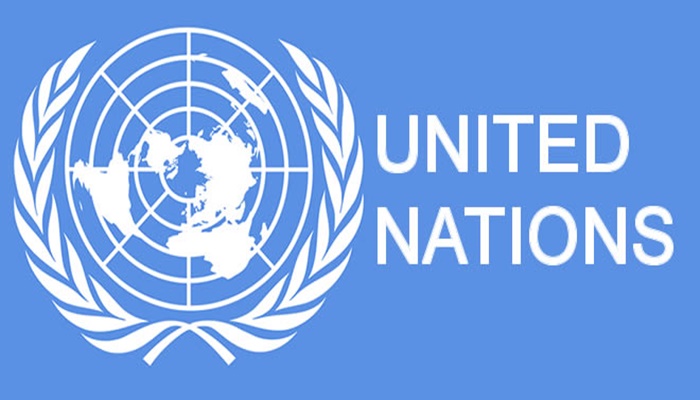
United Nations Secretary-General António Guterres on Friday highlighted some implications of the coronavirus (COVID-19) pandemic for peace and security.
A report on the UN website quoted Guterres as telling members of the Security Council in a closed video conference that the pandemic was beyond a health crisis.
Describing it as the “gravest test since the founding of this organisation”, he said “its implications are more far-reaching and could threaten global peace and security”.
The UN chief reportedly outlined eight ways COVID-19 could undermine global peace and security, including a further erosion of citizens’ trust in public institutions.
This, he said, would happen if people perceived that their authorities had mishandled response or were not transparent, the report said.
Guterres said the economic impacts of the disease could create “major stressors” in fragile societies or less developed countries.
He explained that the resultant economic instability would have devastating consequences for women as they constituted the majority in the worst-affected sectors.
While stressing that “this is not a time for political opportunism”, the UN scribe expressed fears that electoral processes could be affected as postponing or proceeding with elections could spark political tensions and undermine legitimacy of elected governments.
“In some conflict settings, the uncertainty created by the pandemic may create incentives for some actors to promote further division and turmoil.
“This could lead to an escalation of violence and possibly devastating miscalculations, which could further entrench ongoing wars and complicate efforts to fight the pandemic,’” Guterres said.
The UN chief said that with most governments focused on the pandemic, terrorist groups could see “a window of opportunity to strike”.
Of particular concern, according to him, is the situation in the Sahel region.
“The weaknesses and lack of preparedness exposed by this pandemic provide a window onto how a bioterrorist attack might unfold – and may increase its risks.
“Non-state groups could gain access to virulent strains that could pose similar devastation to societies around the globe,” he said.
Guterres added that the disease had also hindered conflict resolution efforts, and many peace processes have stalled as countries respond.
The pandemic also has triggered or worsened numerous human rights challenges, he stated, according to the report.
“We are seeing stigma, hate speech, and white supremacists and other extremists seeking to exploit the situation.
“We are witnessing discrimination in accessing health services.
“Refugees and internally displaced persons are particularly vulnerable.
“And there are growing manifestations of authoritarianism, including limits on the media, civic space and freedom of expression,” he noted.
Reminding ambassadors of his recent appeal for an immediate global ceasefire during the pandemic, the secretary general said warring parties had taken steps to lay down their arms.(NAN)






